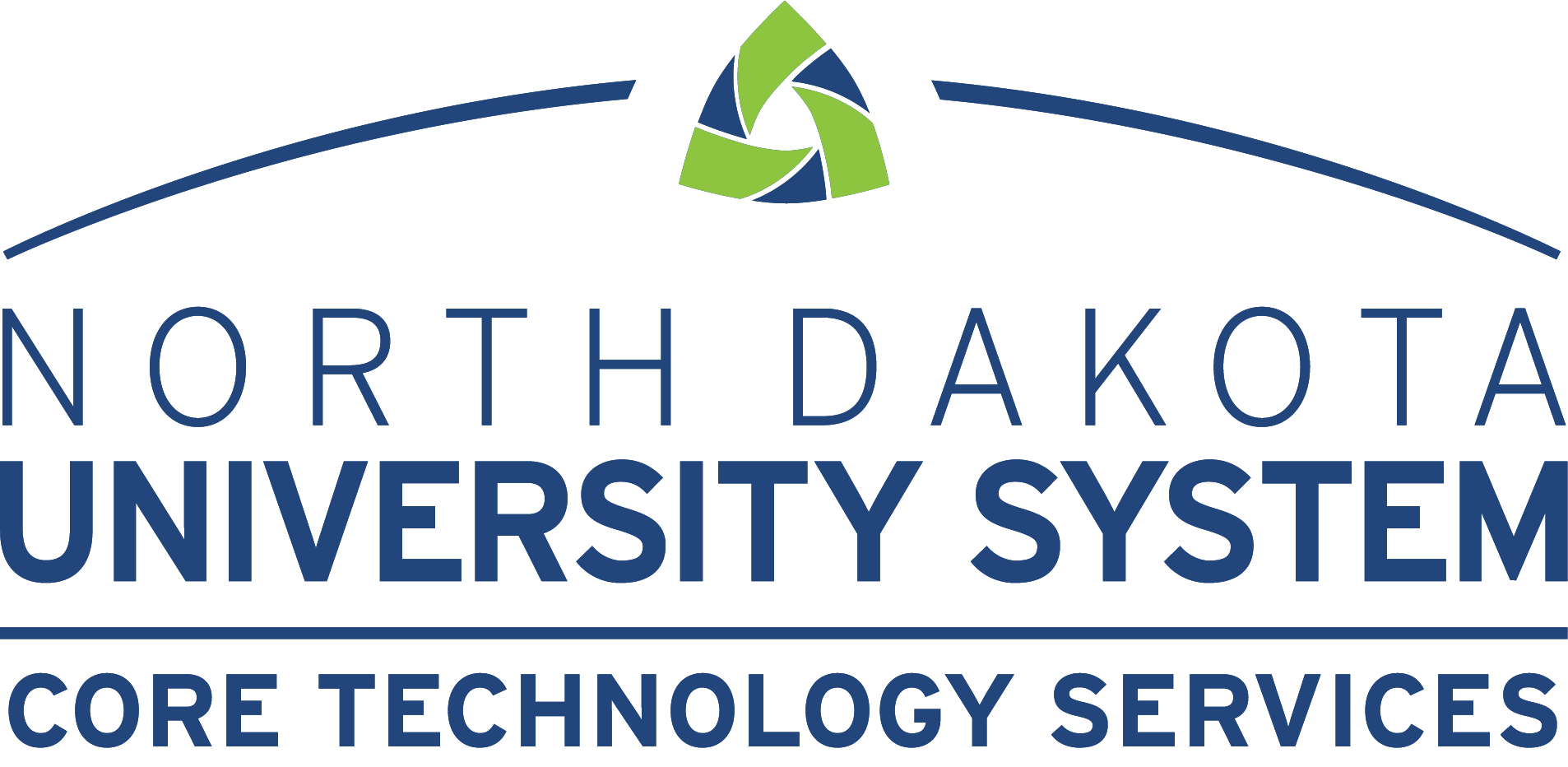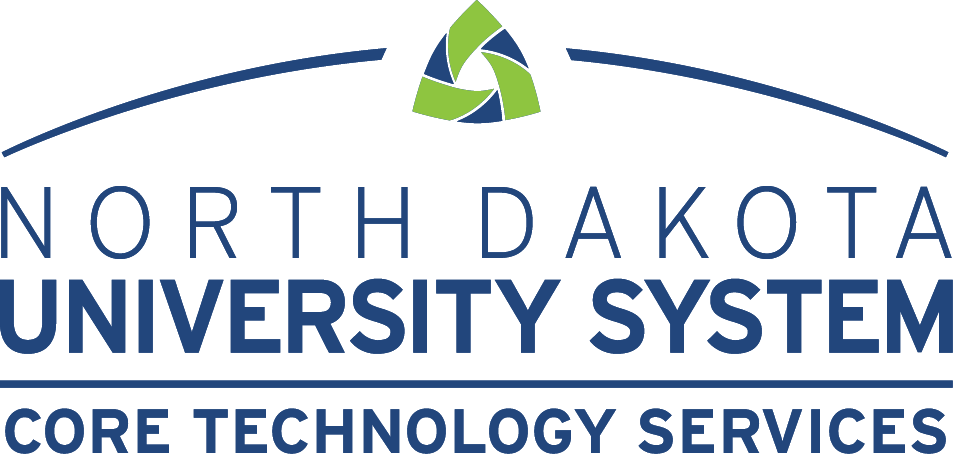Now that classes have been transitioned from in-person to online, there are a few things to be aware of in order to keep your information safe while teaching and learning remotely.
While we always try to stay secure, the current environment may call for a little extra effort. Securing ourselves while not on campus has some extra challenges, especially since there are additional threats to our information in the form of hackers trying to take advantage of insecure computing environments, and scam artists using real-world events to trick us into revealing personal or financial information.

